As my husband and I prepare to embark on our first transatlantic trip in over two years, I find myself both excited and a bit anxious at the same time.
My anxiety stems from the constantly changing landscape of travel nowadays due to COVID-19, which also makes me glad that my kids aren’t coming with us this time.
Everyone will have their own comfort level when it comes to this, but in this post I’ll highlight some of the things I find challenging with international family travel in the foreseeable future.
But just because I’m not ready to take the plunge just yet, doesn’t mean I don’t have a game plan for bringing the kids abroad eventually, which I’ll go over as well.
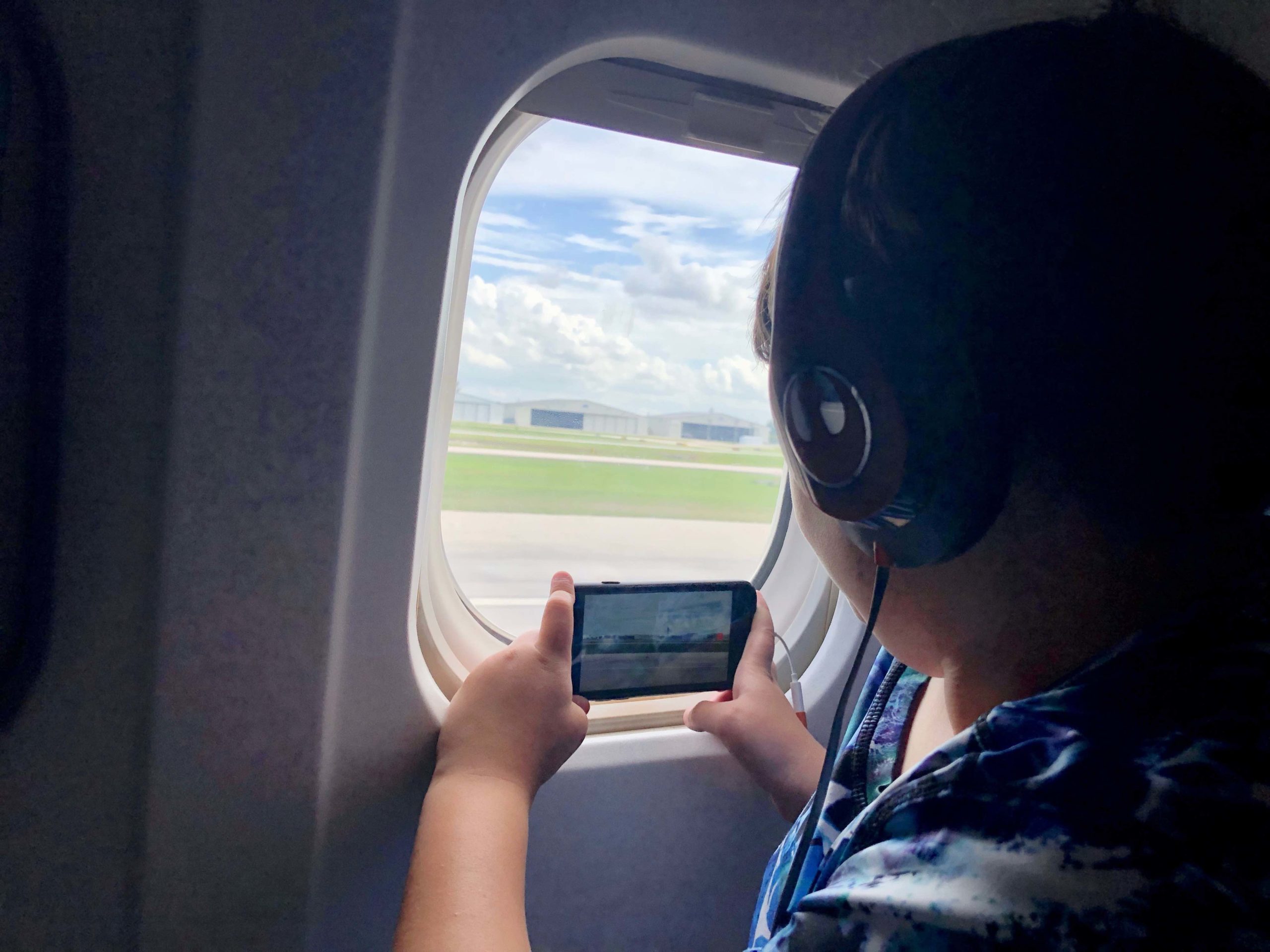
The Challenges of International Family Travel in a New Era
The pandemic has changed travel as we know it. Now that travel restrictions are slowly being lifted globally and leisure travel is starting to pick up, I find myself wondering when I’ll feel comfortable bringing the kids abroad again.
Below are some of the challenges that have been on my mind as I think about bringing my kids on international family trips.
1. The unpredictability of COVID-19.
If there’s one thing I’ve learned during this pandemic, it’s that nothing is predictable with COVID-19. Just when you think we’re out of the woods, a new variant of concern arises; just when a country seems safe to travel to, its COVID-19 cases start to surge again.
It’s like being on rollercoaster, and we see it happening all over the world. Hopefully, once vaccinations pick up globally, we’ll see more stability.
2. The risk of COVID-19 to children.
My husband and I are fully vaccinated, so at least we are unlikely to become severely ill from COVID-19. Unfortunately, my kids are all under 12, so they are ineligible for a vaccine at this point.
And although most kids who catch COVID-19 recover without any significant or long-term issues, on rare occasions they can end up in the ICU with a condition known as multisystem inflammatory syndrome in children (MIS-C) or perhaps suffer from prolonged symptoms otherwise known as “long COVID”.
The good news here is that a vaccine for those aged 5 and up could be rolling out late fall.
3. Lots of line-ups and flight delays.
You’ve heard about it all over the news. Travel demand is picking up, and as airlines and airports try to catch up with the demand, you can expect flight delays, long queues going through airport security and customs, and possibly being stuck on the tarmac for many hours waiting to deplane.
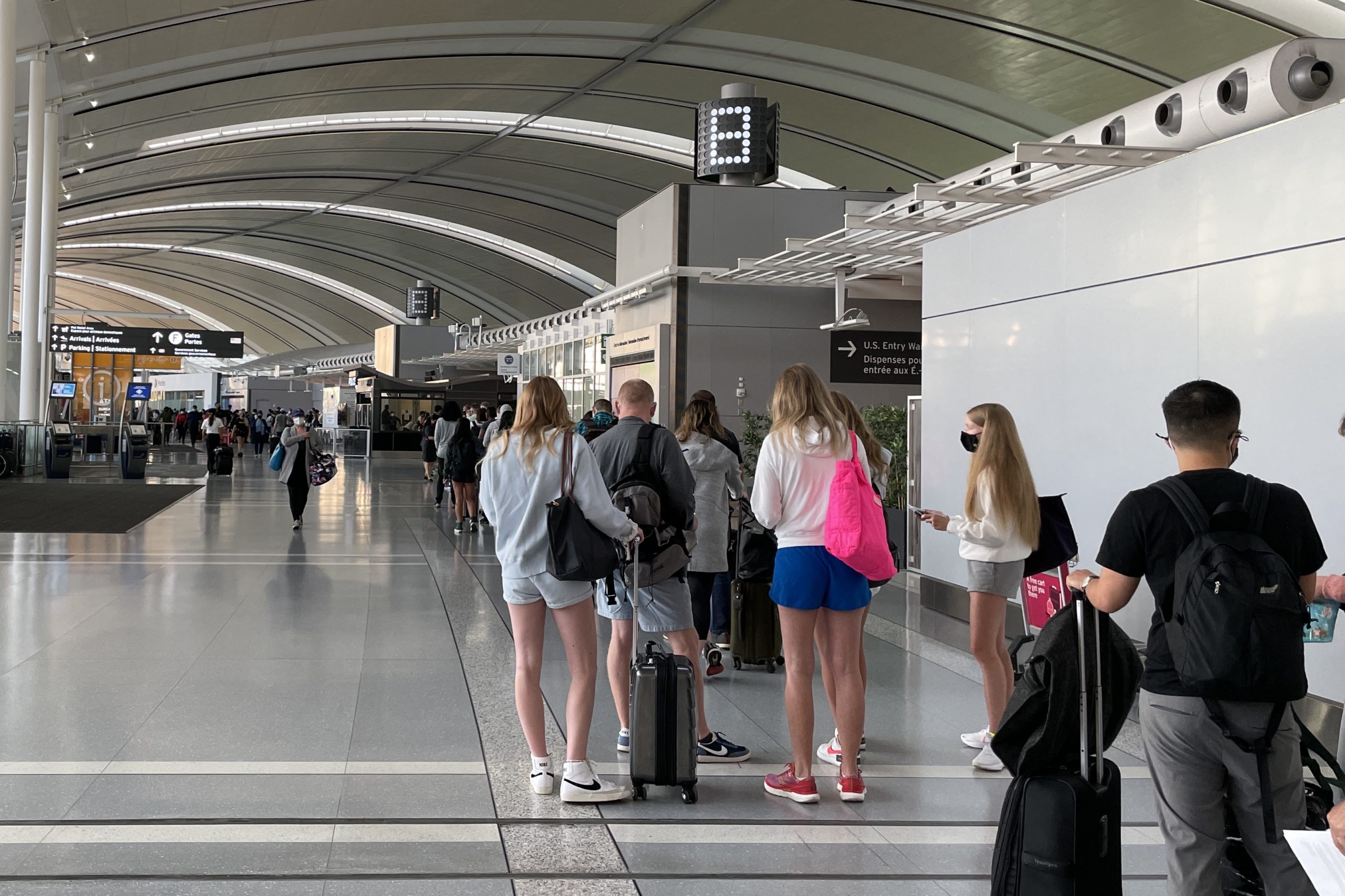
My husband and I experienced it firsthand when we went to Los Cabos for a few days. I had never seen a longer line-up for security at Pearson.
Although we made it through in time for our flight, many didn’t. We sat on the plane waiting for passengers and we left without some, but even then, our flight was delayed by more than an hour, causing us to miss our connection in Denver. The earliest connection was the next day.
What transpired next took another two hours to sort out at the airport. Air Canada covered the cost of our accommodations for the night, but it took time for them to process the accommodation and dining vouchers.
Then, we made our way to the United ticketing desk to rebook ourselves onto the next flight, as they were the carrier for our missed connection. Another long line up.
Finally, it was time to call our insurance company and cancel our original accommodation in Los Cabos for the first night. I can’t imagine having to lug the kids around while we had to do all this.
4. Changing entry requirements.
Every country has their own entry requirements. Some aren’t allowing any foreign visitors, while some allow unrestricted entry. Most require a negative COVID-19 test prior to departure. Vaccination status may also play a role.
Depending on the age of your child, they may also need a negative test result. Accepted tests are not uniform; some countries require only a rapid antigen test, while others require a molecular test, and some even specify a particular molecular test (e.g., a RT-PCR test, not just a PCR test).
However, as the COVID-19 situation is fluid, so are the requirements, so there’s no guarantee that what was required at the time you booked your trip will be the same as a week prior to departing for your trip.
Always check each country’s official page for the most up-to-date information. We also offer a Travel During COVID-19 resource for Canadians to help you navigate the ever-changing entry requirements.
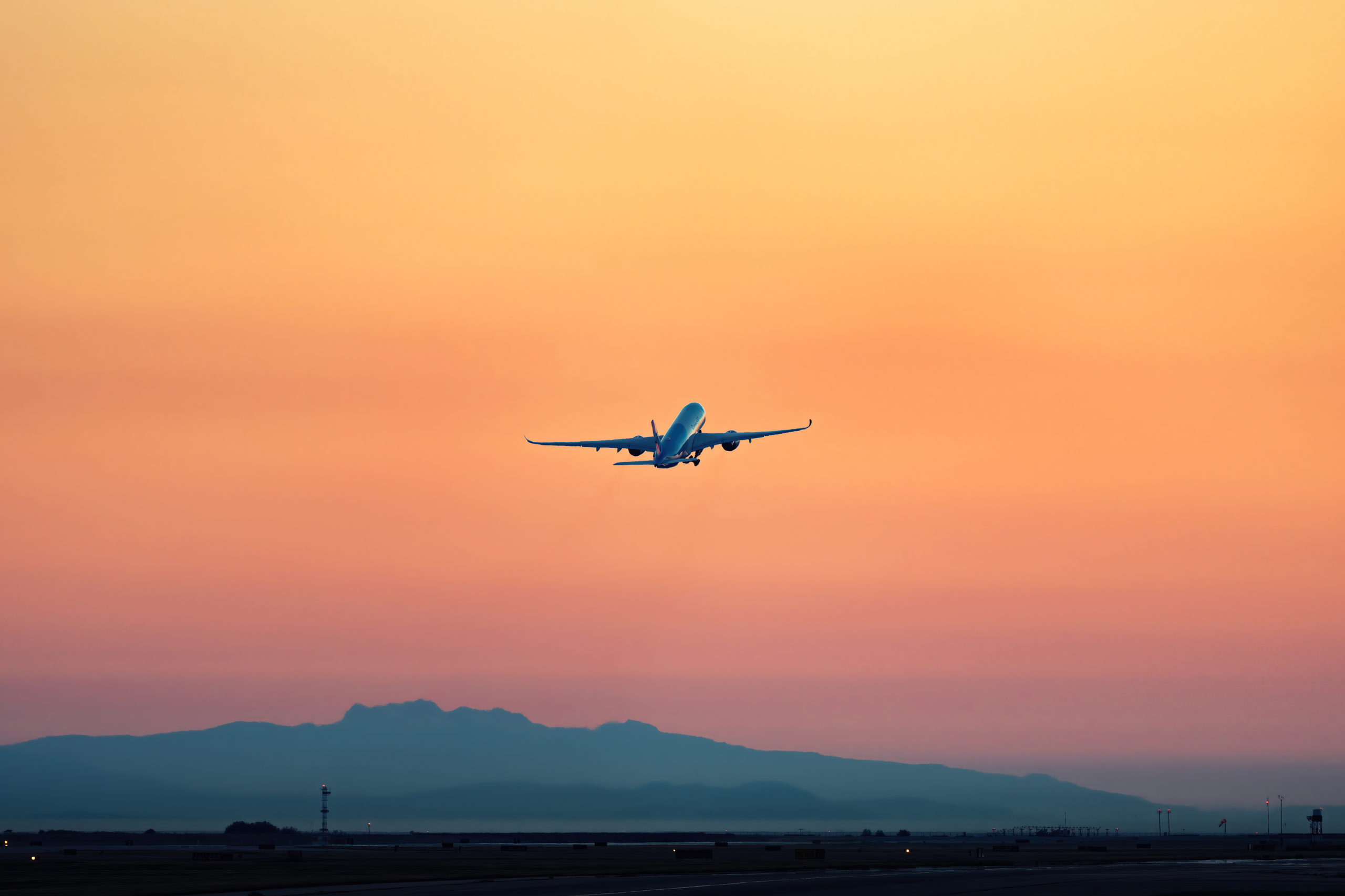
5. Return from international travel requirements.
To return to Canada, all travellers aged 5 or older are required to have a negative molecular COVID-19 test.
Vaccination status will then determine your need for quarantine and additional testing on arrival. Generally, children under 12 will follow the same quarantine recommendation or exemption as their parents. For children aged 12–17, it will depend on their own vaccination status.
However, just because your children may be exempt from quarantine because you are vaccinated, doesn’t mean they can return to school.
As per federal regulations, any unvaccinated child under 12 who returns from international travel (including from the USA) cannot attend school for 14 days. This could mean that a one-week vacation now potentially becomes a three-week vacation.
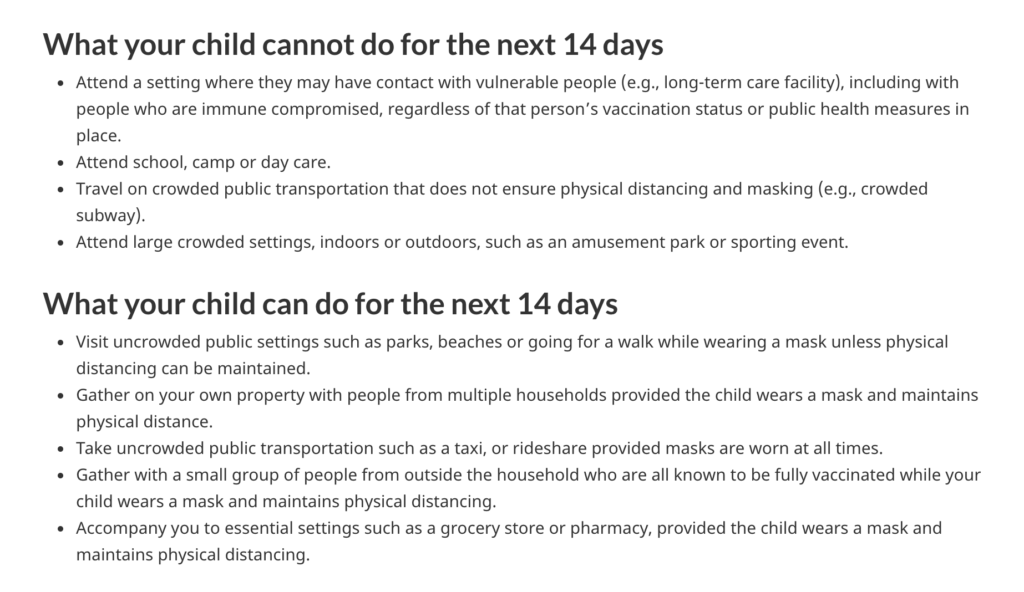
Most families value convenience when they travel, and all the above issues make it far from convenient to travel internationally.
But the truth is, these challenges will probably remain for a while. Some of you will be happy to wait it out until the pandemic passes, while others are ready to brave it.
Most of us with children probably lie somewhere in-between – longing to go and on the edge, but not quite ready to take the plunge.
My Plan Going Forward: Risk Mitigation
Pre-COVID, I loved to plan my trips far in advance, and that hasn’t changed. I’m not quite comfortable with taking the kids internationally anywhere yet, but things will change and I want to have a trip ready for when that day comes.
Here are a few of my suggestions for those of you who might be planning international family travel in the coming years.
1. Be flexible.
The COVID-19 situation is always changing, so be prepared to have to change your plans accordingly.
Think about your top two or three destinations so that you have a back-up plan in case one particular destination isn’t looking so safe or feasible to travel to anymore (for example, due to a change in entry requirements).
If all else fails, stay within Canada. As showcased in our Summer Travel in Canada series, there are plenty of exciting destinations within our own borders.
And lastly, what better way to maintain flexibility than to…
2. Book flights on points.
With Aeroplan’s flexible change and cancellation policy right now, there’s no reason not to take advantage and make a speculative booking or two. Aeroplan’s free cancellation waiver has been extended many times over, and currently goes to September 30, 2021.
Many American airlines also have similar flexible policies with their award programs right now. This way, you can cancel without penalty should you feel it’s no longer safe for your family to travel.
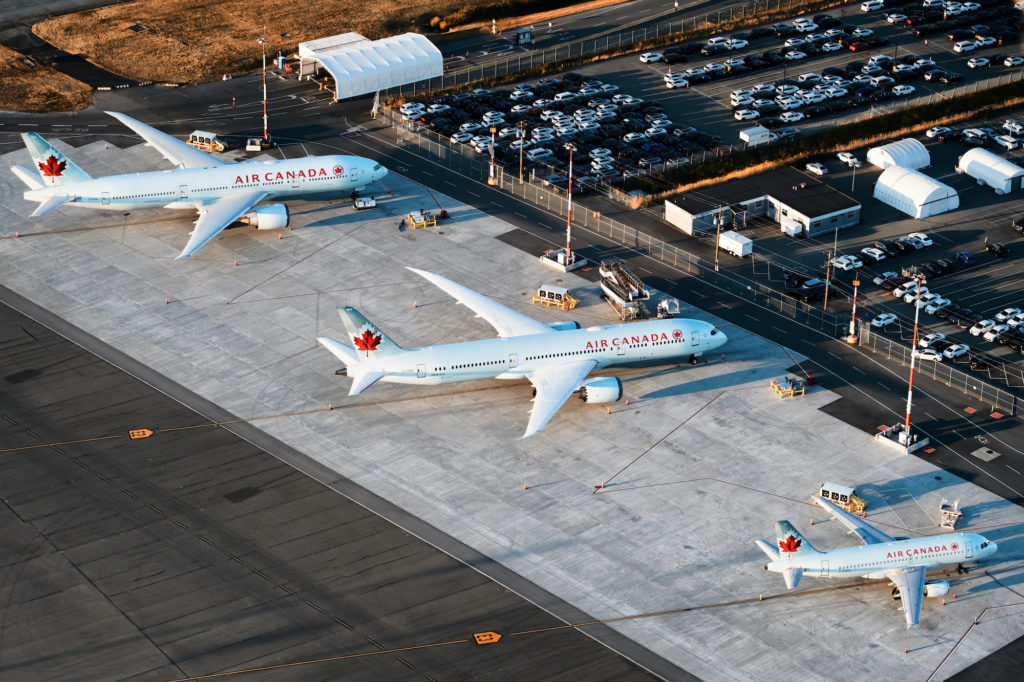
3. Be safe.
Choose destinations where COVID-19 cases are low and vaccination rates are high. Choose destinations that have a good healthcare system in case someone in your party does fall ill.
Make sure to purchase an insurance plan that covers COVID-19-related medical expenses. Or safer yet, wait until your kids can be vaccinated.
4. Minimize connections.
Direct flights are the way to go. Even if it’ll cost me a bit more in points, I’ll take it for the convenience of not having to worry about another country’s transit or entry policies, or about flight delays causing me to potentially miss a connection.
Perhaps your kids are older and can handle a delay, but also consider that it could affect the timing, and thus the validity, of your negative COVID-19 test results.
If connections are unavoidable, try to stick with the same airline and schedule ample time between your flights.
5. Arrive early at the airport.
In the past, I would take the recommended international check-in time of “three hours prior to departure” with a grain of salt. Nowadays, I’d follow it.
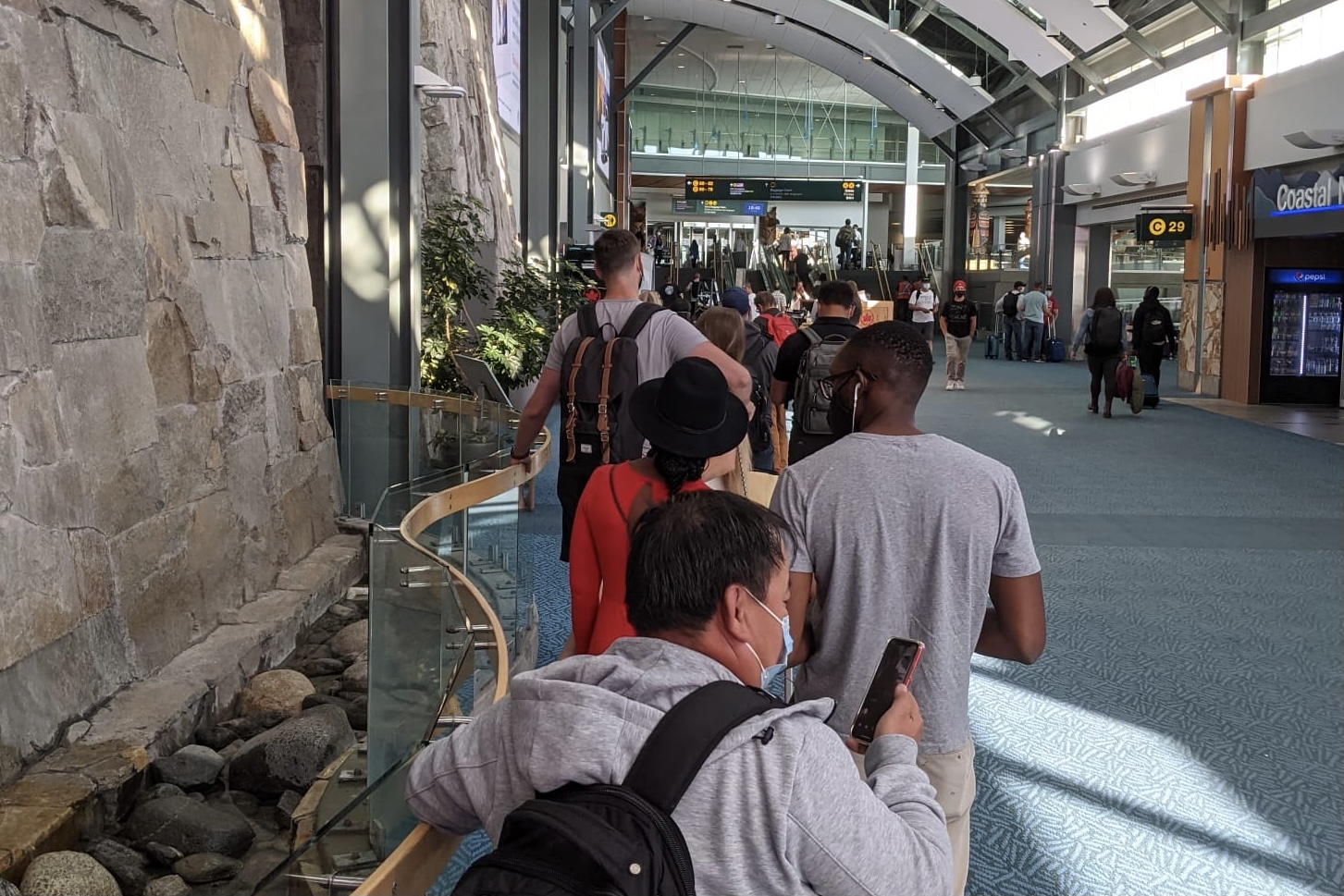
6. Status pass, anyone?
If you have a flight booked with on Air Canada and have any friends who have Aeroplan 50K status or higher, see if they might have a Status Pass to spare.
Status Passes can help save some time by giving you priority check-in and boarding, priority baggage handling, priority security clearance (at select airports) and at least the comfort of Maple Leaf Lounge access should your flight departing from Canada be delayed. The pass will apply to all travellers on the same booking, kids and all.
Don’t know anyone with Aeroplan 50K status? Try posting a message on the Prince of Travel Facebook group or join our Discord server by becoming a Prince of Travel member – you’d be surprised how generous some members are!
Or, consider signing up for a premium Aeroplan credit card to access similar benefits as a cardholder.
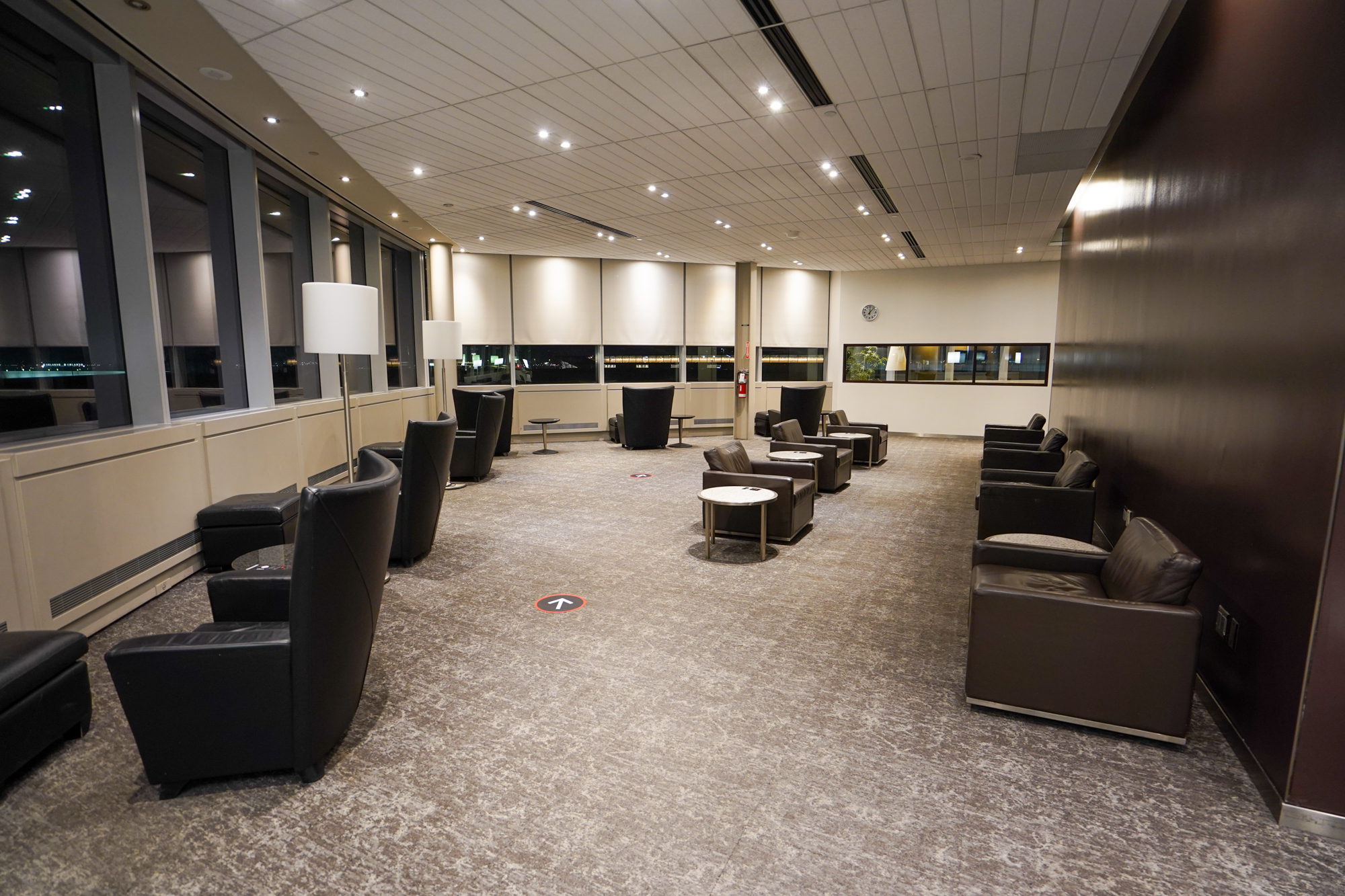
7. Check, check, and triple check again.
Make sure to stay up-to-date with your destination’s entry requirements, because they are ever-changing.
As Ricky found out earlier this year, the worst thing you could do is to get the wrong test, forget the proper documentation, or mess up a QR code somewhere – and be denied entry or forcibly quarantined at your destination.
8. Strategize trip timing.
If your kids will need to miss 14 days of school after returning from an international trip, perhaps the best time to travel is not during Christmas or March Break.
Consider, for example, travelling a week prior to Christmas. That means the kids will only miss one week of school before being off for two weeks of Christmas break anyway.
Conclusion
It’ll take a little more time and effort to plan a family trip abroad nowadays, but it’s worth it if it keeps us all a little safer and makes your trip that much smoother.
Some of you may still consider it the safest to stay home for the foreseeable future, which is a perfectly sound choice, but do still consider making a booking or two so you aren’t left with no options due to last-minute dynamic pricing when you’re ready to go.
I’m hopeful things are only going to improve, and with vaccinations for children on the horizon, I’ve got Dubai booked for this winter and Hawaii for next year booked for our family.
As usual, if you have any words of wisdom to share with us when planning your family’s future travel abroad, please let us know in the comments below.



















thanks Amy for this article about family travel! I’m in a similar situation with 2 kids under 12yo, so I’d like to see more articles like this — especially with tips on booking AP flights for families.
One should also plan for the real possibility of one of your family member testing positive while aboard. Even if you are asymptotic, there is associated cost of last minute accommodation, extra time off and the need for one if not all of the family members to stay behind. Most Covid travel insurance are inadequate for the actual cost.